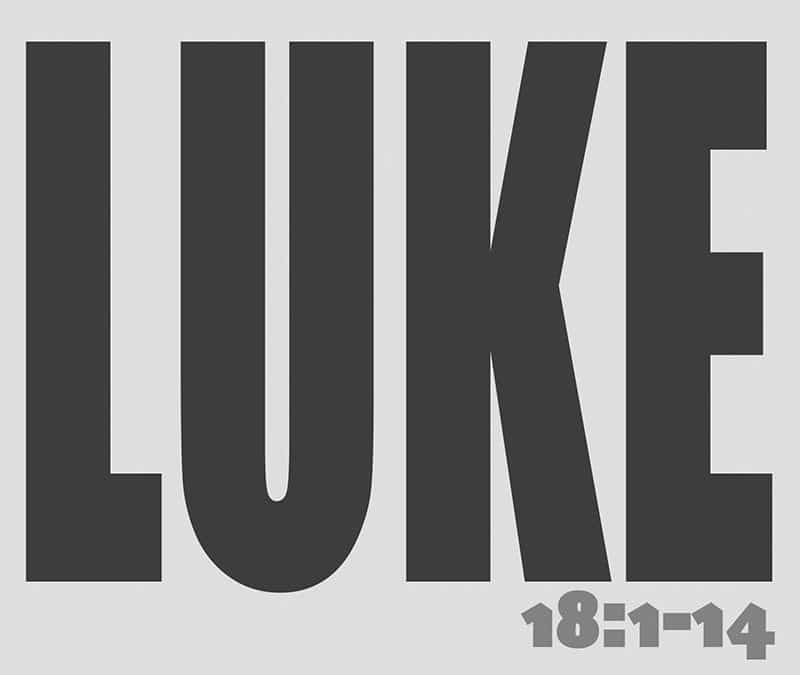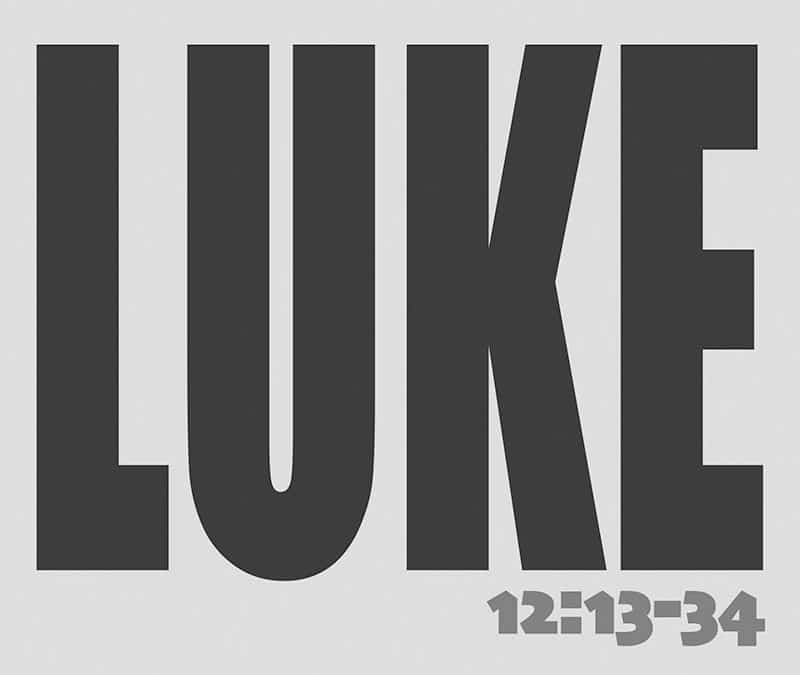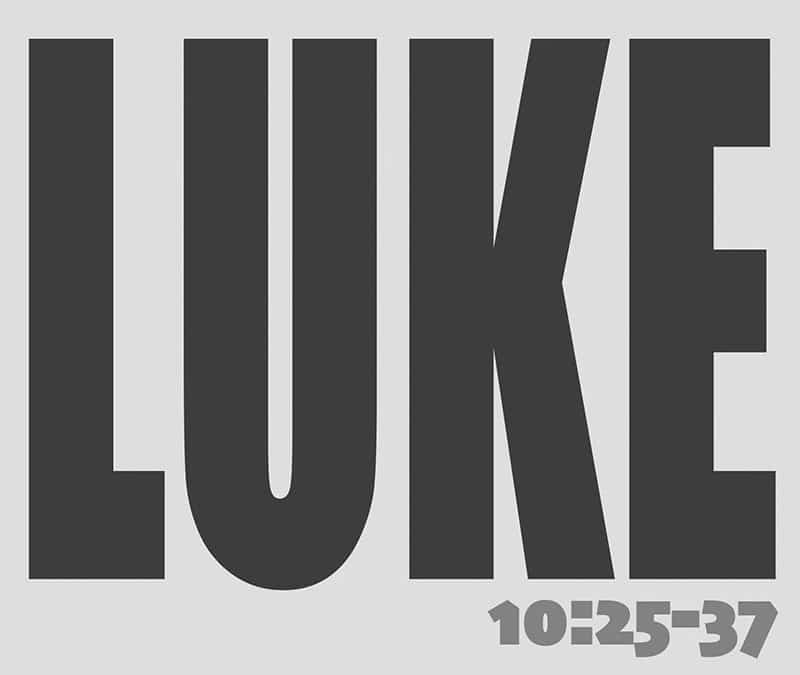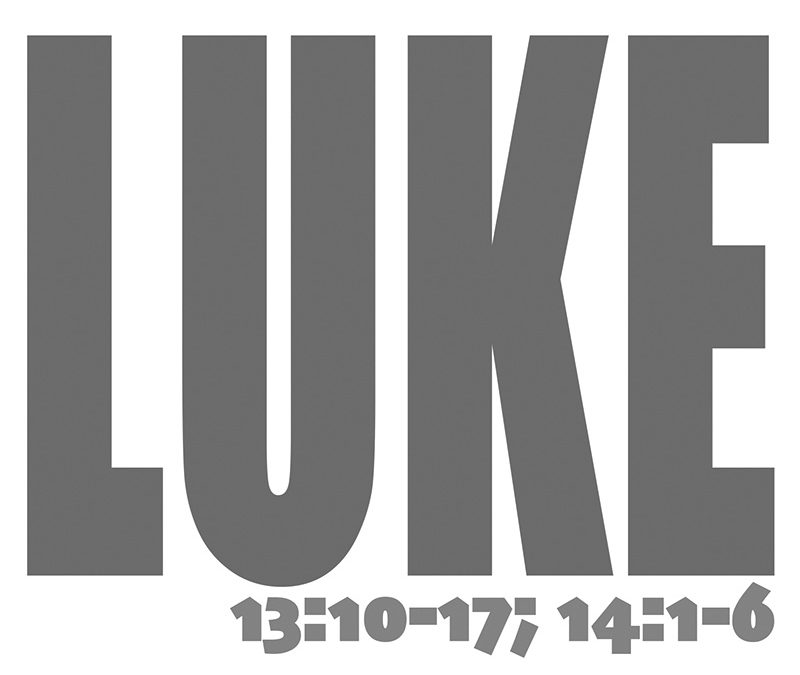Reading Time: 4 minutes
The subject matter of the parables was prayer, but the context concerned the faith and humility necessary for always being ready for the return of the king.

Reading Time: 4 minutes
The subject matter of the parables was prayer, but the context concerned the faith and humility necessary for always being ready for the return of the king.

Reading Time: 4 minutes
The parables of the lost sheep and the lost coin clearly set up the parable of the lost son(s). And all three parables connect back to the criticism of the religious elite in Luke 15:1-2.

Reading Time: 4 minutes
This lesson text is highly metaphoric. The main metaphor concerns a master and servant. But under that big-picture metaphor are at least eight others that make this text quite visual . . .

Reading Time: 4 minutes
This is one of the few parables where Jesus inserts “God” into a secular story. God called the man a fool (not an atheist but someone who has no moral compass). Death is a great wake-up call. . . .

Reading Time: 4 minutes
This parable began in reality, for there really was a road that went from Jerusalem to Jericho referred to as “The Bloody Way.” But for a Samaritan to help a Jew on that road? That was the point at which the true-to-life parable veered into fictional analogy. . . .

Reading Time: 4 minutes
Many of the religious leaders of Jesus’ day failed to rejoice when the hurting were helped. The religion police were more interested in procedures than people.

Reading Time: 4 minutes
“Holy Week,” as it is called, is a demonstration of perfect love. Even while enduring the cross, sustaining the solemnity of the tomb and experiencing the victory of the resurrection, Jesus continued to love and serve others.

Reading Time: 4 minutes
The woman poured out her repentance in several ways—weeping (in contrition) over Jesus’ feet, letting her hair down so she could use her “glory” as a towel, kissing his feet, and pouring expensive perfume on them.

Reading Time: 4 minutes
He “touched the bier” (somewhat like a casket). This made Jesus unclean. but he immediately destroyed the evidence of uncleanness by raising the young man from the dead. People must have been shocked. . . .